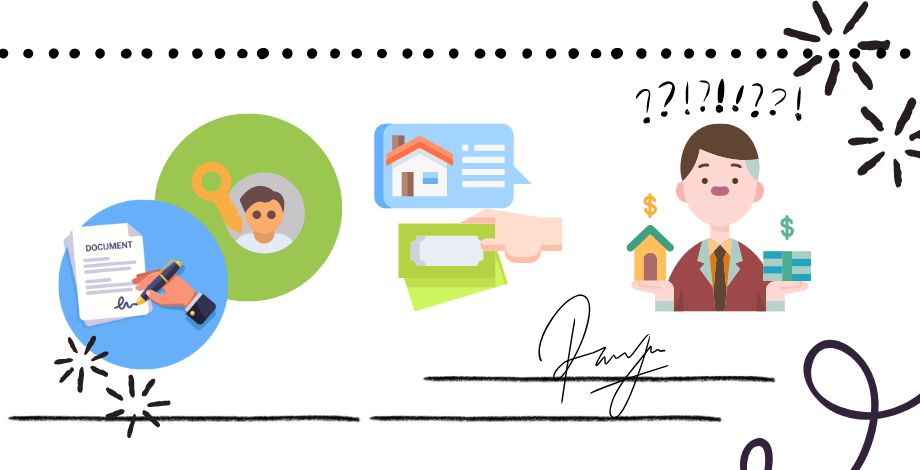In Ontario, navigating the complexities of the Residential Tenancies Act, enforced by the Landlord and Tenant Board (LTB), is crucial for landlords and tenants alike because this legislation ensures a fair balance between the tenant’s right to privacy and the landlord’s need for property access.
This legislation, enforced by the Landlord and Tenant Board (LTB), strives to create a balanced rental environment, protecting the rights and responsibilities of both parties.
Landlords and Tenants in Ontario: Key Regulations and Rental Law
- Privacy and Quiet Enjoyment: Tenants have the right to peaceful enjoyment of their rental unit without undue interference. This includes protection against unreasonable noise, harassment, and unwarranted entry by the landlord.
- Maintenance Obligations: Tenants must keep their units clean and report any necessary repairs promptly to the landlord. Landlords are responsible for maintaining the property in good repair and ensuring it meets health, safety, and maintenance standards.
- Landlord Access: Landlords can enter the property with 24 hours’ notice for valid reasons like maintenance between 8 a.m. and 8 p.m. and with the tenant’s consent.
Emergency Access and Consent
Landlords may enter without notice in emergencies or with the tenant’s consent, making knowledge of these exceptions essential to avoid misunderstandings.
Rent Control and Evictions in Ontario
Rent increases are regulated and can only occur once every 12 months. Landlords must provide tenants with a 90-day written notice of a rent increase. Rent increases above the provincial guideline require special approval from the LTB.
Landlords can only evict tenants for specific reasons outlined in the RTA, such as non-payment of rent, damage to the property, or illegal activities. Evictions must follow a legal process, and tenants have the right to challenge an eviction notice at the LTB. The Landlord and Tenant Board provides guidelines and mediation services to handle evictions legally and amicably, helping avoid lengthy legal battles.
Roles and Responsibilities of landlords and tenants
- Landlords must provide and maintain a habitable dwelling that complies with health and safety standards and must give tenants adequate notice of any changes in the terms of the lease or property policies.
- Tenants need to handle everyday maintenance and report any significant issues that arise. They also have the right to challenge any changes to the lease or property policies that they consider unfair or unlawful. As a tenant, you are entitled to receive a receipt for rent paid upon request.
Legal Protections Against Discrimination
Rental laws in Ontario protect against discrimination, ensuring a fair housing market where tenants are selected based on suitability, not personal characteristics.
Good Advice for Landlords and Tenants
- Open Communication: Maintaining open and respectful communication is crucial for resolving any disputes and fostering a positive landlord-tenant relationship.
- Record Keeping: Landlords and tenants should keep detailed records of all transactions, communications, and agreements related to the tenancy.
- Seek Legal Advice: If you have any questions or concerns about your rights and responsibilities under the RTA, it’s advisable to seek legal advice from a qualified professional.
- Utilize Resources: The LTB website and Navigate Tribunals Ontario offer comprehensive guides and tools to help landlords and tenants understand and navigate the RTA.
Staying Informed Rental laws in Ontario are subject to periodic updates. It’s crucial to stay informed about changes to ensure compliance and avoid potential legal issues.
For a more in-depth understanding, LTB’s website and Navigate Tribunals Ontario offer comprehensive guides and tools for managing rental issues effectively.
Understanding and adhering to the Residential Tenancies Act is vital for landlords and tenants in Ontario. It can help avoid legal issues and foster a cooperative living environment. Visit for more information on our category SUPPORTIVE INSTITUTIONS

[…] Also, you can check our article Landlords and Tenants: Understanding Rental Laws in Ontario […]